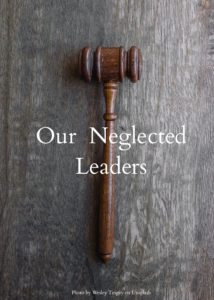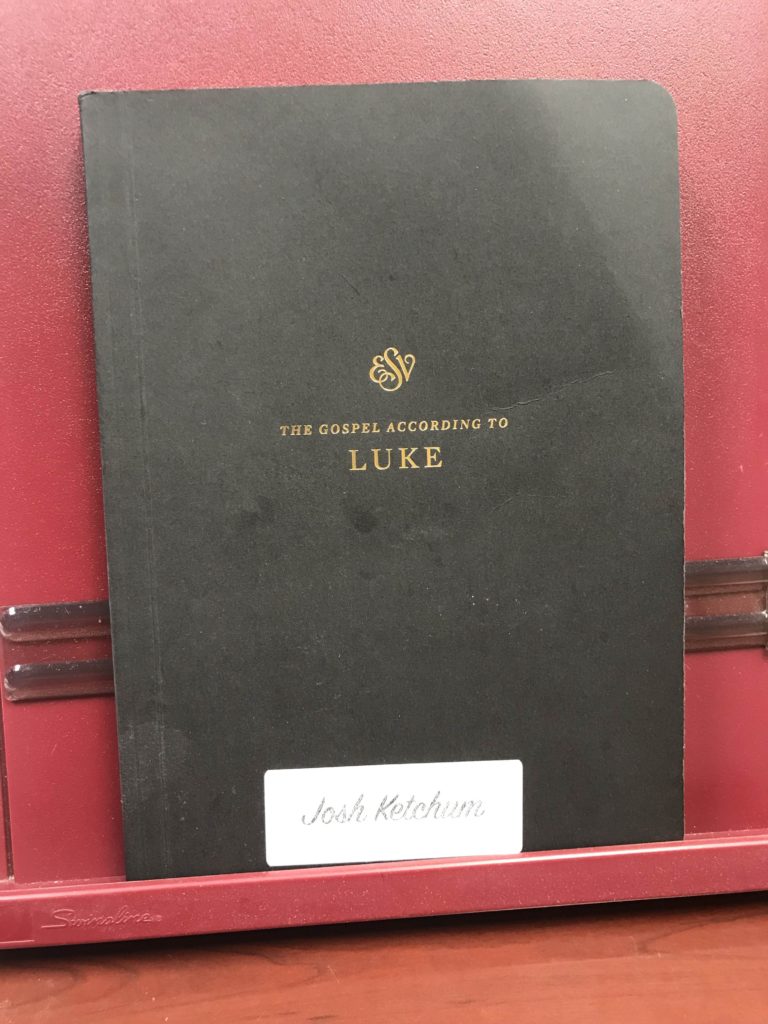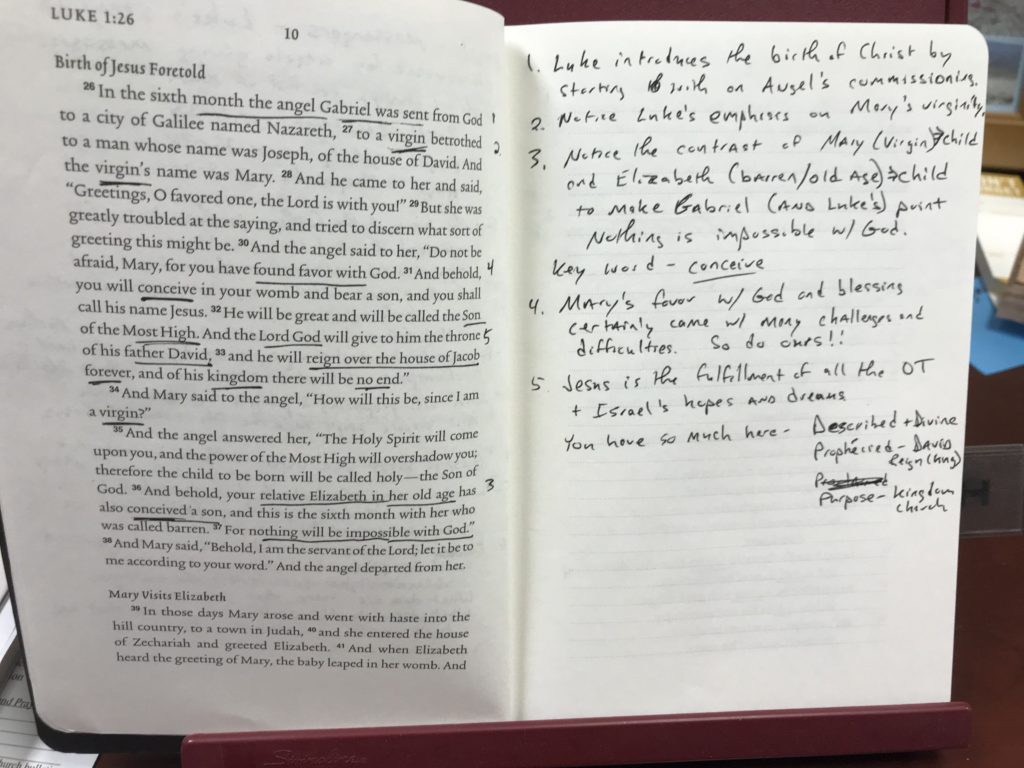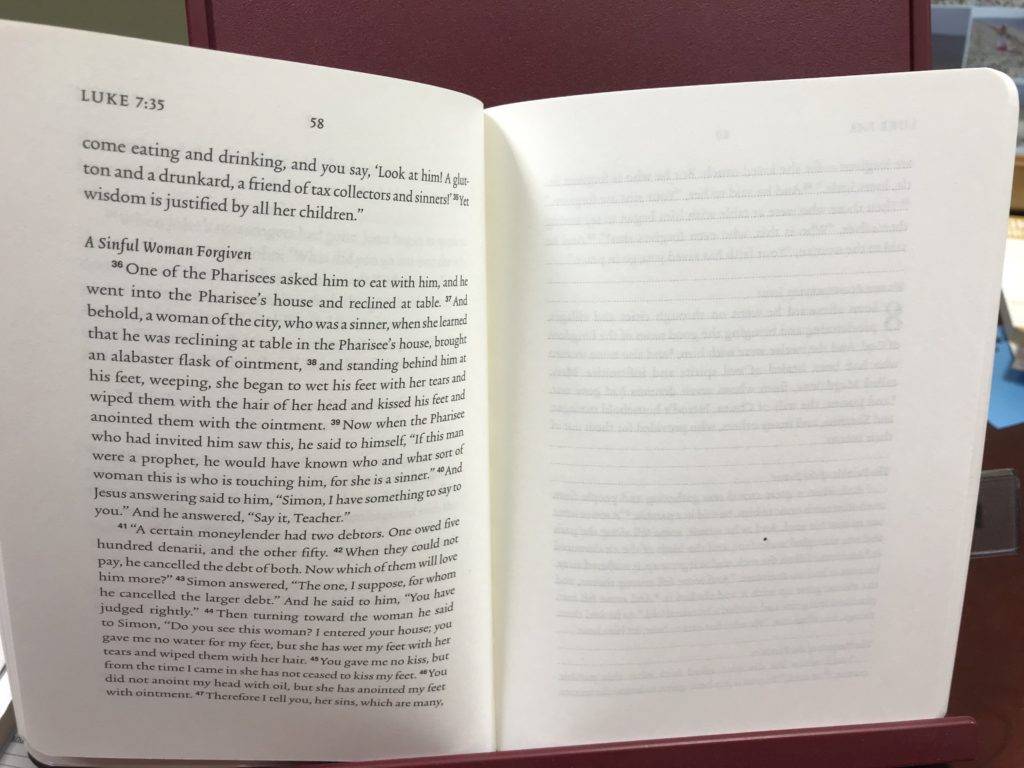
The holidays are approaching. For the dominant culture it is welcomed and anticipated as the “most wonderful time of the year.” Yet, for many it is a time they have been dreading. The calendar is marked off not with anticipation, but with anxiety and fear. They wonder how they will get through the holidays. They would gladly skip the holiday season. But they must pass through these days.
For those in grief and mourning the holidays are a particularly hard time of year. This may be the first “holidays” without a spouse, parent, son, or daughter. But whether it is the first or the twentieth, family holes seem to be wider during the holidays. The feelings of loss and hurt are great. Couple this with social expectations and cultural pressure to be merry, host family gatherings, and be thankful, and it is no wonder mourners want to “skip the holidays.”
In the book of Esther, Mordecai, Esther’s uncle, was in mourning. He had dressed himself in sackcloth and ashes. He was in deep grief over a new law which meant death to him and all of the Jewish people. When Esther heard of his mourning and distress, “she sent garments to clothe Mordecai, so that he might take off his sackcloth, but he would not accept them” (Est. 4:4).
Mordecai had the right response for a grieving person. It is the response, which many in our culture need to be willing to do. Our culture, especially during the holidays, wants to force happiness and cheer on everyone. Yet, some are in grief. They do not need to be forced to move on and “change cloths.” They need to be able to remember and grieve their loved one as they desire. Grief is a very individualistic experience. We process loss with different emotions and in different ways; often what works for one, will not work for another.
Friends and family need to be willing to love, support, and encourage. They need to be willing to cry and weep. Family traditions may need to be modified with new traditions being started. Extra patience and love needs to be displayed.
There is a need to be on guard against substance abuse, long-term clinical depression, and loss of faith or church involvement. But let’s also allow people to grieve. Give others the right to not be “happy” during the holidays. Give them the freedom to do what they can do! Let them talk about their loved one. Give them the opportunity to cry and share memories from the past.
So when someone is wearing mourning clothes this holiday season, don’t send them new clothes! Go and give them a hug, listen from your heart, and cry with them.













